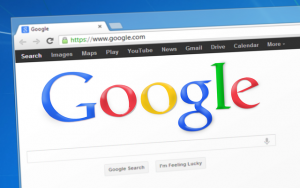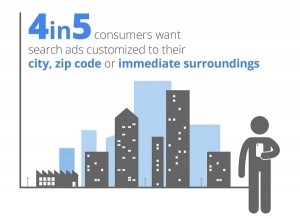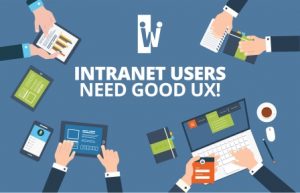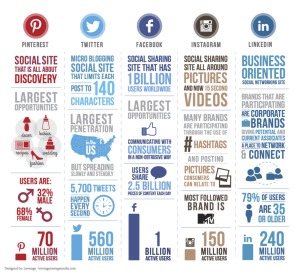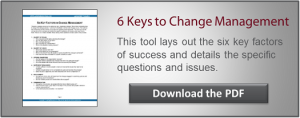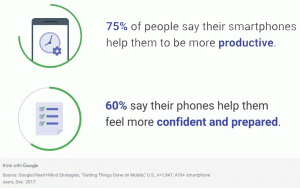Rivals Google, Microsoft Expand On Role Of Generative AI At Events
Google and Microsoft held separate events on Tuesday focusing on artificial intelligence (AI) and large language models (LLM). While Google focused its message on marketing at Marketing Live, Microsoft focused its messaging on technology for developers at Build.
This year’s Microsoft Build focused on new additions to the experience it calls Copilot. The company announced more than 50 products, from Windows Copilot to Bing Plug-ins, and that Bing is now OpenAI’s ChatGPT default search engine in the chatbot.
“How we build is fundamentally changing,” said Microsoft CEO Satya Nadella at Microsoft Build.
Nadella said Bing now supports “search grounding” to ensure that information returned in queries is the most current.
Beginning today, ChatGPT Plus users will start seeing citations surfaced by Bing attached to the chatbot’s responses. Nadella said the company plans to bring it into the free tier.
Microsoft previously announced it would roll out Bing OpenTable and WolframAlpha plug-ins, and soon will support plug-ins from Expedia, Instacart, Kayak, Klarna, Redfin, TripAdvisor, Zillow, and others.
Microsoft plans to build Copilot into many of its apps and features and to bring its AI personal assistant Copilot to Windows 11. This is the same assistant the company has already integrated across Edge, Office apps, and GitHub.
Analytics will also see enhancements. Microsoft Fabric, an end-to-end unified analytics platform, combines all data and analytics tools. Fabric integrates technologies like Azure Data Factory, Azure Synapse Analytics, and Power BI into one unified product, empowering data and business professionals to unlock the potential of their data and lay the foundation for the era of AI.
At Marketing Live, Google made it clear that the role generative artificial intelligence (AI) will have in search queries and search advertising. The company continues to experiment with integrating Search and Shopping ads in the AI snapshot and conversational mode.
The new ad unit will have a bold “Sponsored” identifier, but remain mixed in with the results that provide the conversational chat.
The company also introduced automatically created assets (ACA) based on the context of a search query and the assets on a company’s website like text and images. Google Ads crawls the landing pages using AI and machine learning to automatically create assets from various eligible sources, based on predictive performance and relevance. The key here, marketers must feel comfortable giving control to Google’s AI.
(18)
Report Post